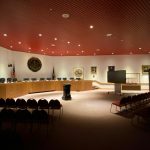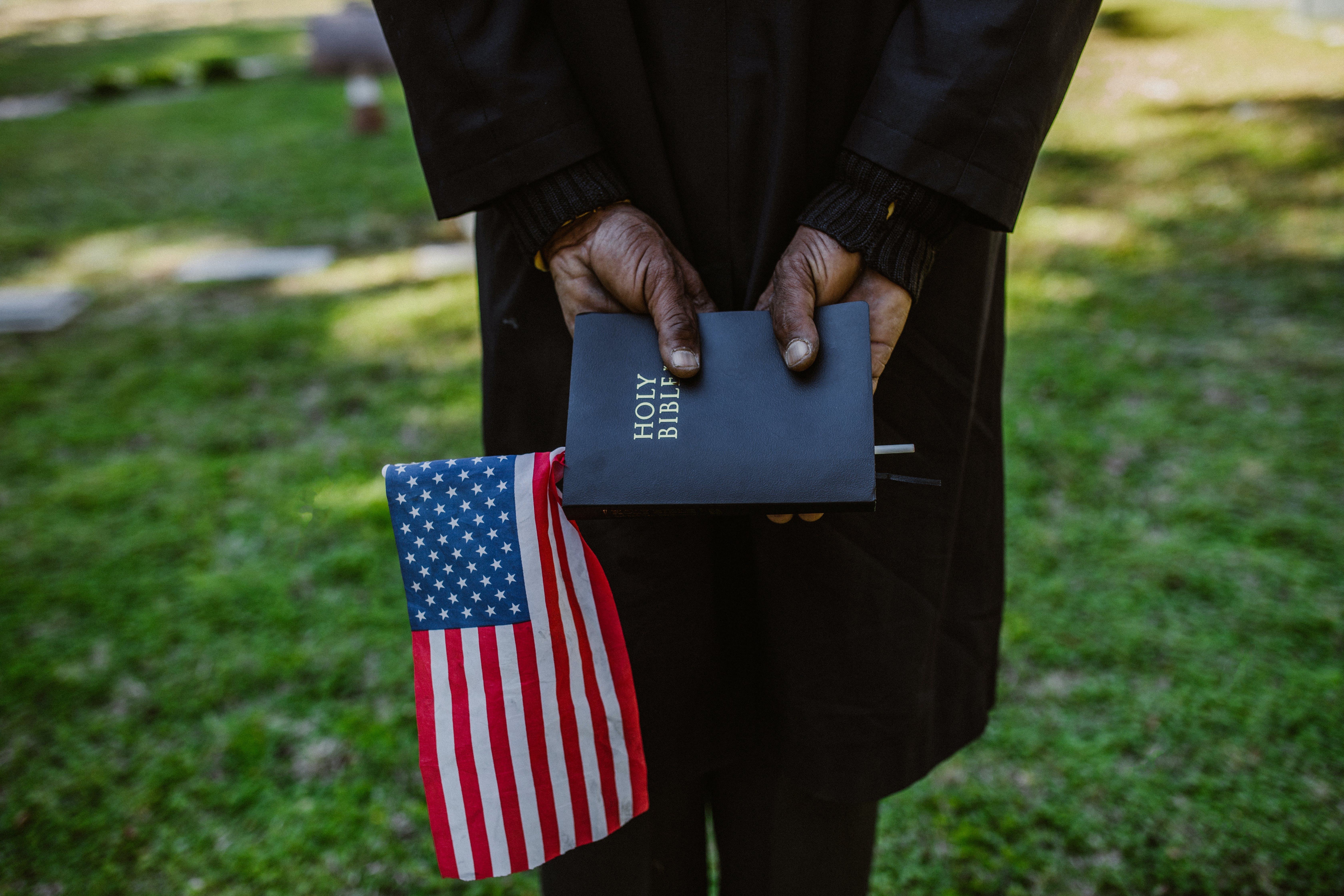In a column meant to remind readers of the January 6 riot at the Capitol and the dangers of “Christian nationalism,” Councilor Josh Denton condemned the political activities of many American Christians and their beliefs.
In decrying the rise of “Christian nationalism,” Denton went so far as to state that the belief that Christ is King over everything, including the government, is a clear danger to every American.
While he identified some legitimate concerns, the Councilor demonstrated a lack of understanding about Christians and a fear over their inclusion in public participation.
Denton: Appeal to Heaven flag warns of rise of Christian nationalism (seacoastonline.com)
Political change among Christians
The Councilor and US Army veteran recalled his experiences with Christians in the service. He remembered a fellow platoon leader who spoke of the gospel teaching to love one’s enemies and to pray for those who persecute you.
Around 2005, he wrote, “something changed,” and noted the activities of the hateful Westboro Baptist group, which protested at soldiers’ funerals and claimed their deaths were God’s punishment for America’s tolerance for homosexuals.
Denton went on to describe the increasingly political nature of Christian expression in the United States. He wrote that many Christians had moved from seeing politics through the lens of faith to practicing faith with an emphasis on political activity.
Here, Denton makes a valid and important observation. American Christians have become more politically active – for better, and for worse.
However one feels about the last election, Christians must consider the violence of January 6 through the lens of faith. Christians must ask, as always, what would Jesus have done?
It is difficult, indeed, to imagine Jesus, in His mercy and compassion, beating a police officer with a flagpole and a flag with the words “AN APPEAL TO HEAVEN.”
Are all Christians extremists?
To characterize all Christian political activity with this level of extremism, however, is not only a mistake, but highly offensive to boot. Just because the possibility of extreme activity exists within a subgroup (Westboro) of a subgroup (Baptists) of a group (Christians) does not mean that all the teachings the larger group espouses are inherently violent.
Such a suggestion is unhinged. As a public servant (who represents people of many faiths, including Christians), Mr. Denton should know better than to suggest otherwise.
One might ask Mr. Denton if it would be appropriate to associate the non-violent protesters of the 1960s, with clergy and students among them, with the bombings and violence of Bill Ayers and the Weathermen. The presence of extremists does not mean that extremism and violence are inherent to a group’s convictions.
A more constructive conversation could be had if Denton and those who share his views understood why many Christians appear to have moved farther to the right, and why they have taken a greater interest in politics.
A changing moral landscape
The Christian foundation of American culture began crumbling in the middle of the 20th century, and the deconstruction of that tradition has moved from the high towers of academia to entertainment, politics and even public schools.
President Obama’s declaration that public school bathrooms would be open to both genders, for example, was an affront to many parents. The inclusion of controversial sexual education materials in schools – often without notice – has elevated the concerns of many conservative families.
Even public institutions entrusted with protecting citizens’ rights seem to have turned against Christians. An FBI memorandum dated January 23, 2023, encouraged the surveillance of Catholic Americans with traditional views.
Any group whose values have been so aggressively undermined could be expected to object.
Rather than attacking Christians for standing up for their beliefs, Denton and others might consider why more extremism hasn’t accompanied Christian public life for the last 50 years.
Some of this is due to the slow nature of the decay of Christian influence. Some of it, however, must also be attributed to the same Christian teachings Denton recalled – love for our neighbors, love for our enemies, being slow to become angry, and quick to listen.
Extremism is a problem, but trying to exclude Christians from political participation by labeling all of them as dangerous zealots will only make it worse.











